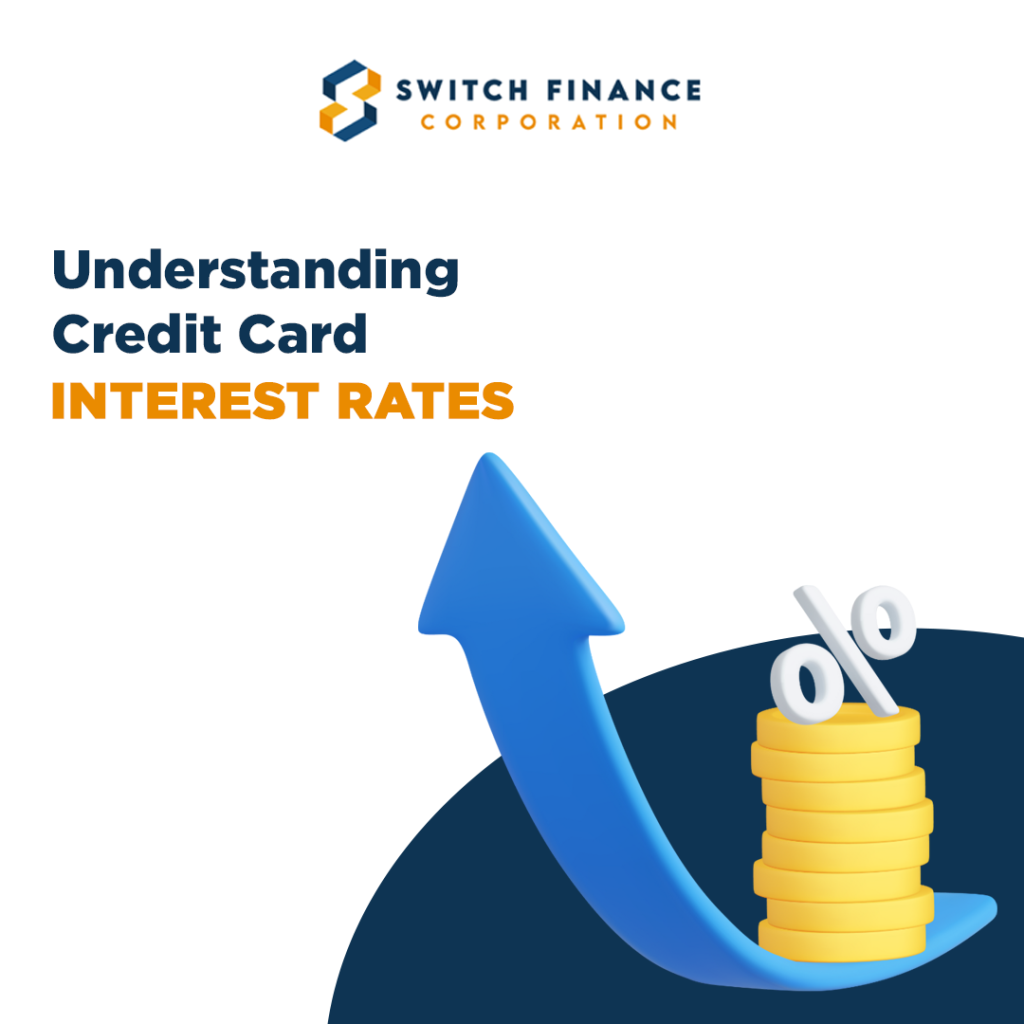
Credit card interest rates are an important factor to consider when managing your finances. Understanding how they work can help you avoid debt and make informed decisions about credit card usage. In this article, we’ll break down the key aspects of credit card interest rates and how they impact your financial health.
What Are Credit Card Interest Rates?
Interest rates on credit cards represent the cost of borrowing money through your credit card. An Annual Percentage Rate (APR) typically expresses these rates and determines how much interest you’ll pay if you carry a balance from month to month. It can vary depending on the type of card, your credit score, and the issuing bank.
How Credit Card Interest Rates Are Calculated
Credit card companies calculate interest based on your card’s APR and your average daily balance. The APR is divided by 365 to get the daily interest rate, which is then multiplied by your daily balance. The more days you carry a balance, the more interest you accrue. Therefore, it’s crucial to pay attention to these calculations, as even small balances can quickly grow if not managed properly.
Fixed vs. Variable Interest Rates
Credit cards can have either fixed or variable interest rates. A fixed-rate stays the same over time, while a variable rate can change based on the prime rate or other financial indicators. Additionally, while fixed rates offer predictability, variable rates can fluctuate, meaning you may pay more or less in interest depending on market conditions.
How to Avoid Paying High Interest Rates
One of the best ways to avoid paying high interest is by paying off your balance in full every month. This way, you can use your credit card without accruing interest charges. Additionally, be mindful of promotional APR offers, as many cards offer 0% APR for a limited time, allowing you to make large purchases or consolidate debt without paying interest.
Impact of Credit Scores
Lenders offer lower interest rates to individuals with higher credit scores, while those with lower scores may receive higher rates. Moreover, regularly monitoring and improving your credit score can save you money on interest over time.
Conclusion
Understanding credit card interest rates is key to managing your debt and improving your financial well-being. By knowing how rates are calculated, the difference between fixed and variable rates, and how your credit score affects them, you can make smarter choices when using credit cards. Always aim to pay your balance in full, and keep an eye on your credit card terms to avoid unnecessary interest charges.
Resources:



